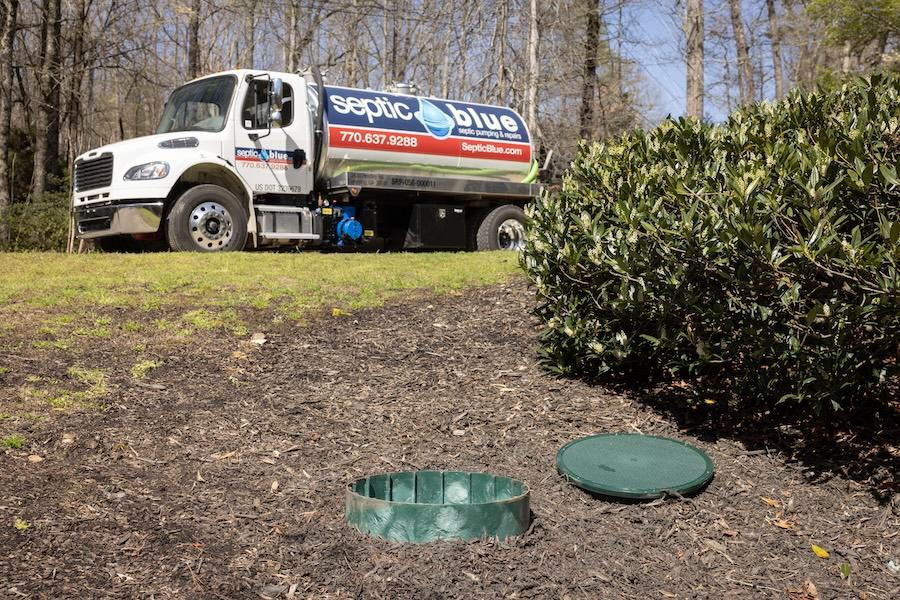Avoid These Landscape Mistakes If You Have Septic Tanks and Drain Fields
Read More
Schedule Online
919-446-4099

Apr 28, 2024
Septic systems are essential parts of any property as they effectively handle wastewater from the household. However, the quality of the soil in which they are installed has a significant impact on their operation. In order to maintain the longevity and effectiveness of septic systems and avoid problems like backups, leaks, and contamination, proper soil evaluation is crucial.
In this blog post, our professionals from Septic Blue of Raleigh will delve into the significance of soil evaluation and explore the best practices associated with it.
Knowing the makeup of the soil is essential before starting a septic tank installation job. The ability of different soil types to absorb water varies, which has an immediate effect on the septic system's performance. For example, sandy soils drain quickly, but clay soils have low drainage qualities. Choosing the right system design and determining whether the location is suitable for installation are facilitated by a comprehensive evaluation.
Soil saturation is a prevalent issue that may hinder the appropriate operation of septic systems. Overly wet soil prevents waste from breaking down naturally, which can result in backups and unpleasant smells. Frequent septic tank pumping is essential for reducing the load on the drainage field, which helps to mitigate soil saturation. Pumping keeps the soil at its ideal condition and avoids system overload by eliminating accumulated sludge and scum.
It takes experience to navigate the complexity of septic system maintenance and soil evaluation. Working with a respectable septic company guarantees thorough evaluations and exact solutions made to fit your property's unique soil conditions. From the first soil test to the installation, maintenance, and cleaning of septic tanks, experts have the skills and resources to protect your system's integrity and extend its life.
Soil compaction poses a significant threat to the functionality of septic systems, inhibiting proper drainage and absorption. Compaction of the soil caused by heavy mechanical operation or construction can create a barrier that effectively stops effluent from flowing. Conducting soil evaluations before and after such activities allows for timely intervention, including soil aeration and remediation measures, to restore optimal drainage conditions.
Even with careful upkeep, problems with septic systems can arise from things connected to the earth. These problems, which range from root intrusion to soil erosion and structural damage, might jeopardize the system's integrity and call for immediate repairs. Professional septic tank repair services employ advanced techniques to address soil-related challenges, ensuring the seamless operation of your septic system and preserving the surrounding environment.
The environment and public health are seriously threatened by soil contamination, which is why routine septic tank cleaning is essential. Groundwater and other bodies of water may get contaminated by accumulated materials in the tank that seep into the soil. By removing these materials through routine cleaning, soil pollution is decreased, protecting both human health and the natural balance of the environment.
Are you in need of a septic tank repair? Luckily, we at Septic Blue of Raleigh have dedicated workers ready at your service. Contact our representatives for more questions.